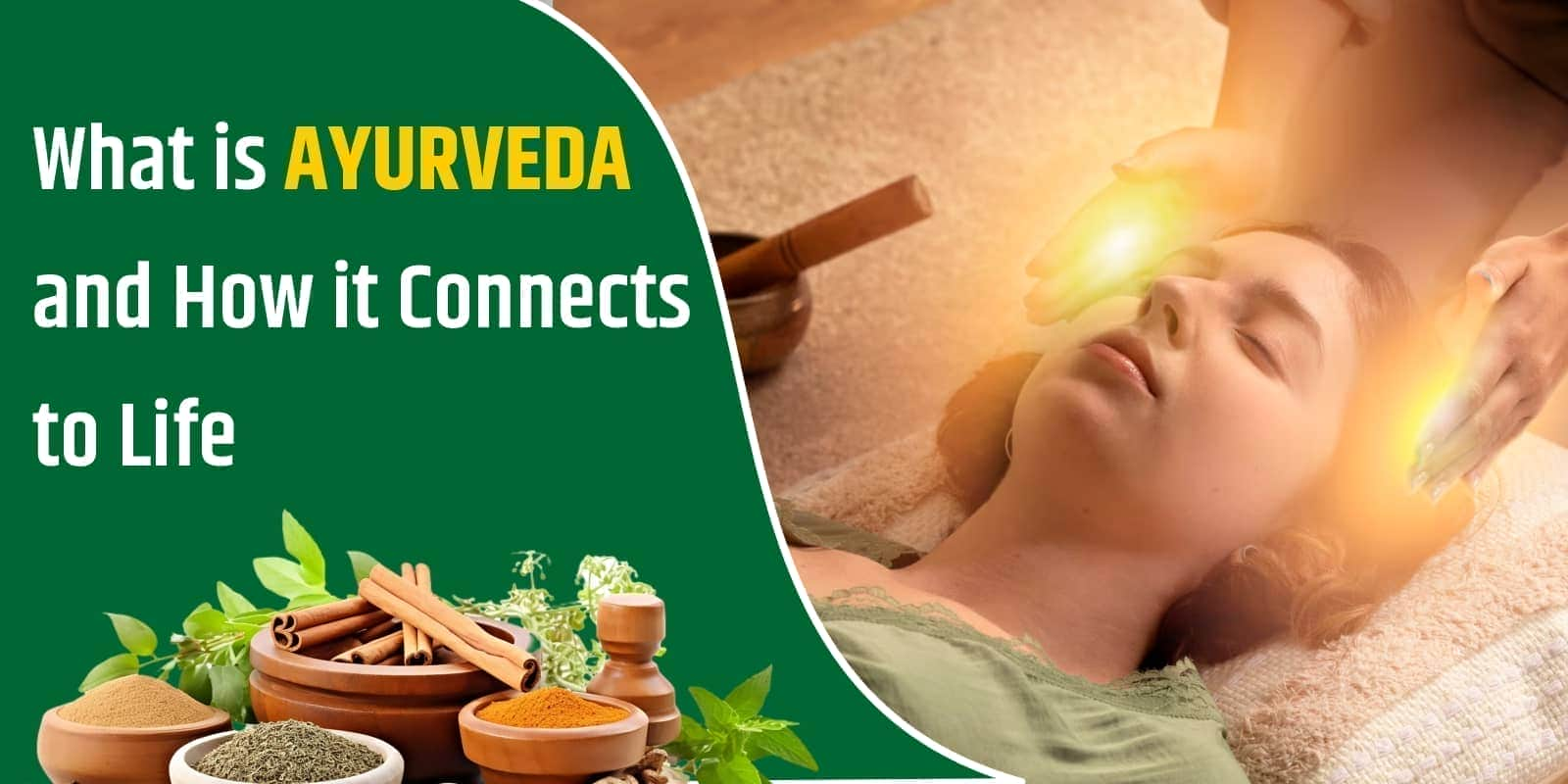
One of the world’s oldest holistic body treatment methods is Ayurvedic medicine (“Ayurveda” for short). It was created in India around a few thousand years ago. It’s founded on the idea that good health is more dependent on the balance of mind, body, and spirit. Its primary purpose is to promote good health and combat sickness. Ayurvedic Treatment, on the other hand, maybe tailored to individual health issues. It’s also so famous that US classified it as complementary and alternative medicine (CAM).
Complementary and alternative medicine (CAM) students and Scholars of Ayurveda believe that everything in the universe, whether alive or dead, is connected. If your mind, body, and soul are in sync with the cosmos, you are in good health. You become ill when this balance is disrupted. This balance can be thrown off by a variety of circumstances, including genetic or congenital disorders, injuries, temperature and seasonal changes, aging, and emotions.
Everything, according to Ayurvedic practitioners, is made up of the five basic elements found in nature: space, air, fire, water, and earth.
These combine in the human body to create three life forces or energies known as doshas. They have control over the working system of the body. The three doshas are Vata dosha (space and air), Pitta dosha (fire and water), and Kapha dosha (water and fire).
Each person has a unique blend of the three doshas when they are born. One is generally more strong than the others, though. Each one is responsible for a different biological function. The balance of your doshas is said to be linked to your chances of being sick and the health problems you develop. Let us clear about all these doshas here.
This is the most powerful of the three doshas, according to Ayurvedic practitioners. It controls fundamental biological functions like cell division. It regulates your thinking, breathing, blood flow, heart rate, and ability to expel waste through your intestines. It can be disrupted by eating too soon after a meal, fear, grief, and staying up too late. If Vata is your dominant life energy, you’re more likely to develop illnesses like anxiety, asthma, heart disease, skin disorders, and rheumatoid arthritis.
Your digestion, metabolism (how well you break down food), and some appetite-related hormones are all controlled by Pitta dosha. It can be damaged by eating sour or spicy foods, as well as spending too much time in the sun. If it’s your primary source of energy, you’re more likely to acquire Crohn’s disease, heart disease, high blood pressure, and infections if this dosha is imbalanced.
This important force regulates muscle growth, physical strength and stability, weight, and your immune system. It can be disrupted by sleeping throughout the day, eating too many sweet meals, and eating or drinking too much salt or water. According to practitioners, if it is your predominant life energy, you are more likely to develop asthma and other respiratory issues, cancer, diabetes, nausea after eating, and obesity.
In Ayurveda, it is believed that everything in this universe is composed of five fundamental elements. These elements are earth (Prithvi), water (Jal), fire (Agni), wind (Vayu), and space or ether (Akash). On the whole, these five essential elements are known as Panchamahabhutas.
Ayurveda believes that the working of nature is like the working of the human body. The idea of Panchamahabhutas is viewed as the foundation of Ayurveda and furthermore understanding the working and development of the human body.
These Panchamahabhutas are available in every being (living or nonliving), substances, materials, and objects that are available in the universe. These components can likewise be called mahabhutas because of their enormous size in contrast with their precursor bhutas (minute types of mahabhutas) or because of their extensive presence. The reality stays that everything in the creation is comprised of these Panchamahabhutas and there isn’t anything present in this universe that can be called without these 5 components.
The Ayurveda treatment standards are additionally generally founded on revising the imbalance of Panchamahabhuta in the body. Subsequently, it turns out to be vital for one to get the idea of Panchamahabhuta, prior to whatever else particularly concerning the treatment.
An Ayurvedic practitioner will create an Ayurvedic treatment plan just for you. They’ll take into account your physical and emotional or psychological wellbeing, as well as your major life force and the interplay between the three.
The goal of treatment is to make the digestion system stronger that could cause illness if left there. The cleansing technique, known as “Panchakarma,” aims to relieve your symptoms while also restoring harmony and balance to your life.
To achieve this, an Ayurvedic practitioner may utilize blood cleaning, massage, medical oils, herbs, and enemas or laxatives.
"Ayurveda is not just a system of medicine; it's a way of life. Connect with us to embrace a lifestyle that nurtures your body, mind, and soul."

Certificate no- AH-2023-0186
JAN 05,2023-JAN 04,2026